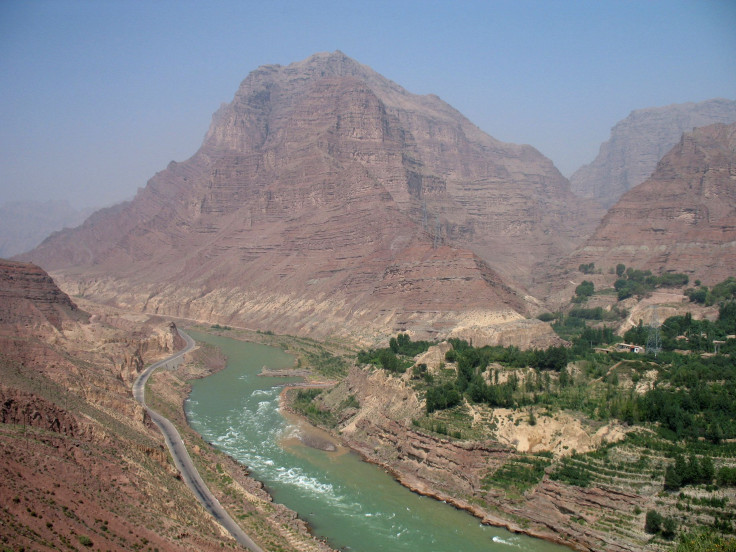Chinese civilisation origin mystery may have been solved; Devastating Yellow River flood legend could be true

An international team of scientists has revealed that the 4,000-year-old legend that the Chinese civilisation formed after a great flood may well be true. According to the legend, emperor Yu the Great successfully controlled the flood, laying the foundation for Chinese civilisation today. Up to now, there was no evidence to suggest that such a flood ever happened in the Yellow River basin.
However, the new study suggests that the researchers have solid evidence to back the legend and at around 1920 BCE, an earthquake burst the banks of the Yellow River. Although a lot of work still needs to be done to find evidence of Yu’s Xia dynasty that occurred several centuries earlier, the findings does match with the region’s transition from the Neolithic to the Bronze Age.
Legend has it that the floods continued for two generations until emperor Yu found out a way to channel the river and bring it under control. The team of researchers used sediment testing and remains of children who died in an earthquake nearby to understand how the earthquake caused a landslide that initially blocked the Yellow River in Jishi Gorge. The study has been published in the journal Science.
“It's a thought-provoking piece of work. They've done a great job showing that there was a major, catastrophic flood,” Tristram Kidder, an archaeologist at Washington University in St. Louis in Missouri, who works on several sites on the lower Yellow River, told Science.
If the findings hold up, they may support to early historical texts and may even resolve a long-standing debate over the origins of the Chinese civilisation. The new findings are however at odds with recent studies that have proposed other explanations for both the Lajia sediment and Jishi Gorge deposits. The study needs more supporting evidence for its claims regarding the Xia dynasty and the great flood.






